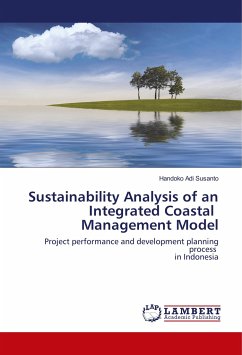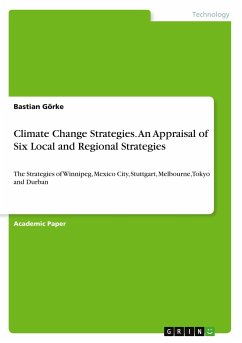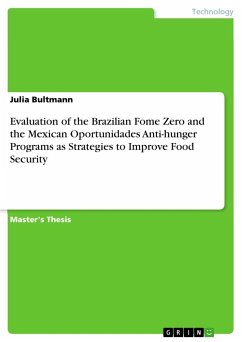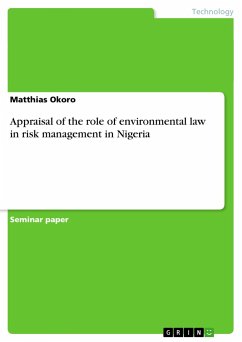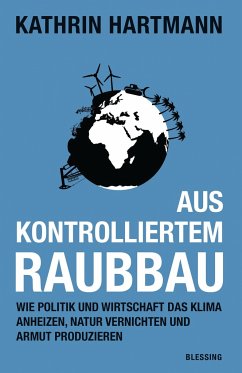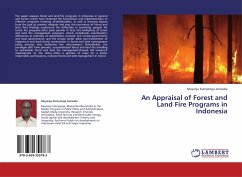
An Appraisal of Forest and Land Fire Programs in Indonesia
Versandkostenfrei!
Versandfertig in 6-10 Tagen
24,99 €
inkl. MwSt.

PAYBACK Punkte
12 °P sammeln!
The paper assesses forest and land fire programs in Indonesia in general and factors which have hindered the formulation and implementation of effective programs involving all stakeholders, as well as drawing lessons from the past to prevent, mitigate and stop the occurrence of forest and land fires. Findings underscore the difficulties in sustaining support for forest fire programs after peak periods in fires; the multiplicity of forest and land fire management programs, which complicates coordination; differences in priorities of stakeholders involved, the central government, and local gover...
The paper assesses forest and land fire programs in Indonesia in general and factors which have hindered the formulation and implementation of effective programs involving all stakeholders, as well as drawing lessons from the past to prevent, mitigate and stop the occurrence of forest and land fires. Findings underscore the difficulties in sustaining support for forest fire programs after peak periods in fires; the multiplicity of forest and land fire management programs, which complicates coordination; differences in priorities of stakeholders involved, the central government, and local governments, and the private sector alike; non-involvement of indigenous and local forest communities in forest and land management policy process; and ineffective law enforcement. Nonetheless, the paradigm shift from sporadic, uncoordinated forest and land fire handling to sustainable forest and land fire management,though still nascent,if implemented to the letter, offers a glimmer of hope for a better responsible, participatory, inclusive forest and land management in future.




